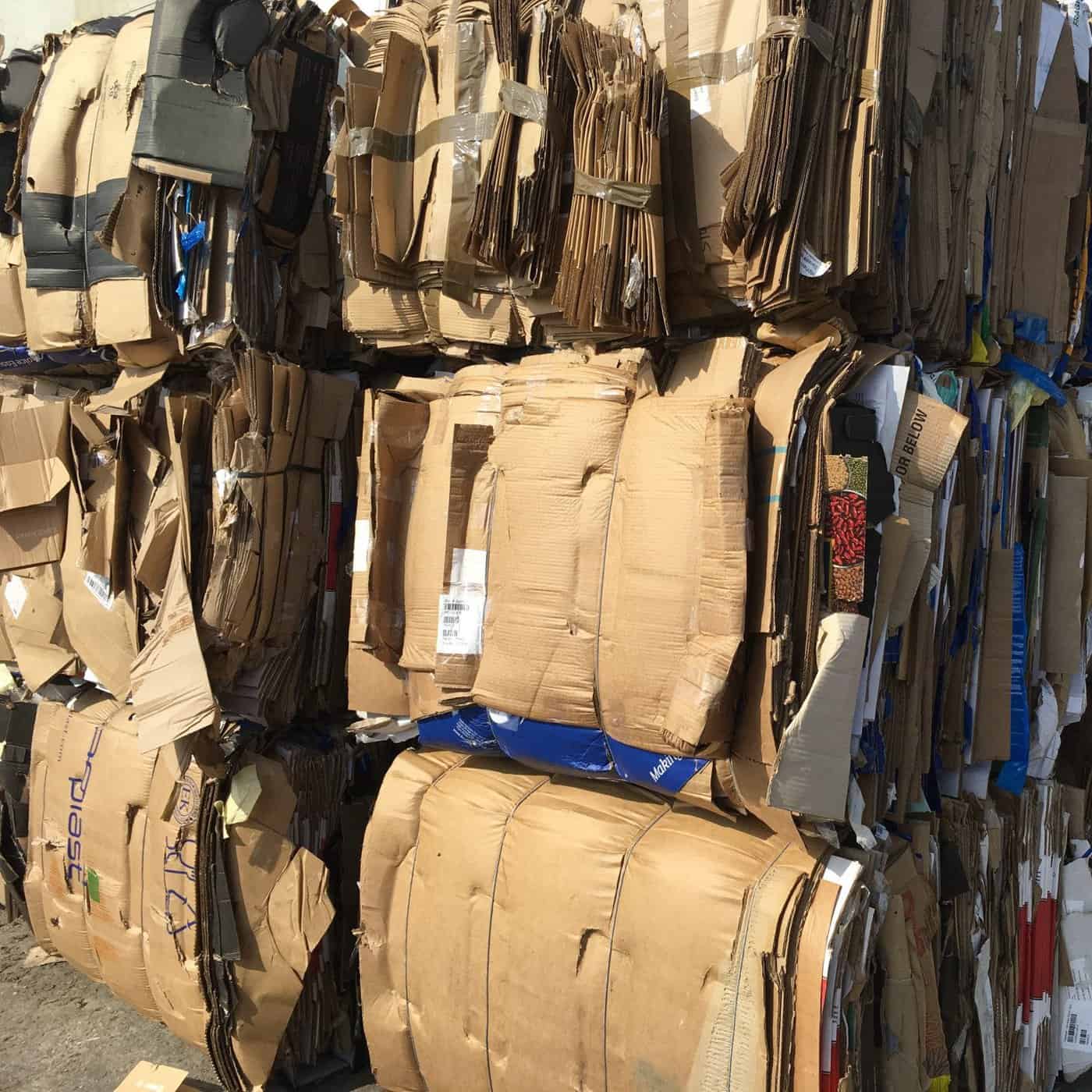The Ultimate Advantages of Plasterboard Recycling Services
Beginning: Plasterboards have for long been adapted in construction to make buildings look more robust, lightweight, designer, and safe with great look and appeal. They are added to or used in residences, commercial centres, and institutions and offer great functional abilities. With durable and strong functional uses, they are now finding more adaptation and application. We look at some of the advantages of using plasterboard recycling services. But first, let’s learn what they are and what they offer.
What is Plasterboard?
Plasterboard is usually made of gypsum that is processed into boards covered with a paper covering. They come in a variety of qualities and materials, like insulated, moisture-resistant, acoustic, flexible, impact-resistant, fire-resistant, foil-backed, and 4-in-1 plasterboard. All these plasterboards offer various levels of advantages and benefits and are essential in modern construction. However, today, with recycling being a great industry, plasterboards are safely and securely recycled to ensure the sustainability of the environment and planet.
What Are the Advantages of Plasterboard Removal and Recycling Services?
- Sustainability and Environmental Hygiene: Plasterboard recycling cuts project carbon footprint. As a lightweight product, recycling cuts transport costs and makes safe, reusable, or repurposed construction products. Since gypsum is the main component, it is a naturally occurring mineral. The liner papers are made from waste newspaper and cardboard, making plasterboard 100% recyclable for sustainability and environmental protection.
- Closed-Loop Recycling: Plasterboard recycling into new plasterboards without adding other materials is possible since its recycling is closed-loop. It only becomes unrecyclable when exposed to other contaminants.
- Cost-Effective and Affordable: The main inputs for plasterboards are commonly or naturally available materials like recycled paper, gypsum, additives, and water. All these are widely available in nature, and the plasterboard-making process is simple. That is why the overall price of plasterboard products is quite low compared to other wall finishing options. It is durable and requires less maintenance, making it less expensive. Plasterboard is the best insulation and soundproofing product and enhances building energy use.
- Easy Installation and Soundproofing: Plasterboards reduce sound waves as the gypsum core and thickness matter. Plasterboards have a high-density core that reduces sound waves compared to regular plasterboard. It is lighter and easier to install than harder plaster in buildings. Besides, it’s versatile enough to be used in residential and commercial environments like offices and warehouses.
- Cuts Loads of Construction Waste at Dumping and Tipping Sites: Usually, there is a load of waste, including hazardous and non-hazardous waste. This easily finds its way into water and drainage systems, severely exposing human health to problems. Plasterboard removal and recycling prevent this cycle of events and flow, keeping the planet clean and harmless.
- Multiple Uses and Adaptions: Besides being used as a fire-resistant and moisture-resistant item, recycled plasterboard has many advantages. Its non-combustible. It has a low smoke density and a low flame spread index as a heat insulator. Besides, wet area plasterboards stop the buildup of mould and moisture, making them best for bathroom and kitchen insulation.
Conclusion: Plasterboards offer several advantages like fire resistance, mould and moisture resistance, soundproofing, and ease of installation. With the best waste collection services providing access to recycling everything, plasterboard recycling services are the lifeline to making modern construction sustainable by cutting down on carbon footprint. It is already proven that recycled plasterboard is non-hazardous.
For More Info:-

Comments
Post a Comment